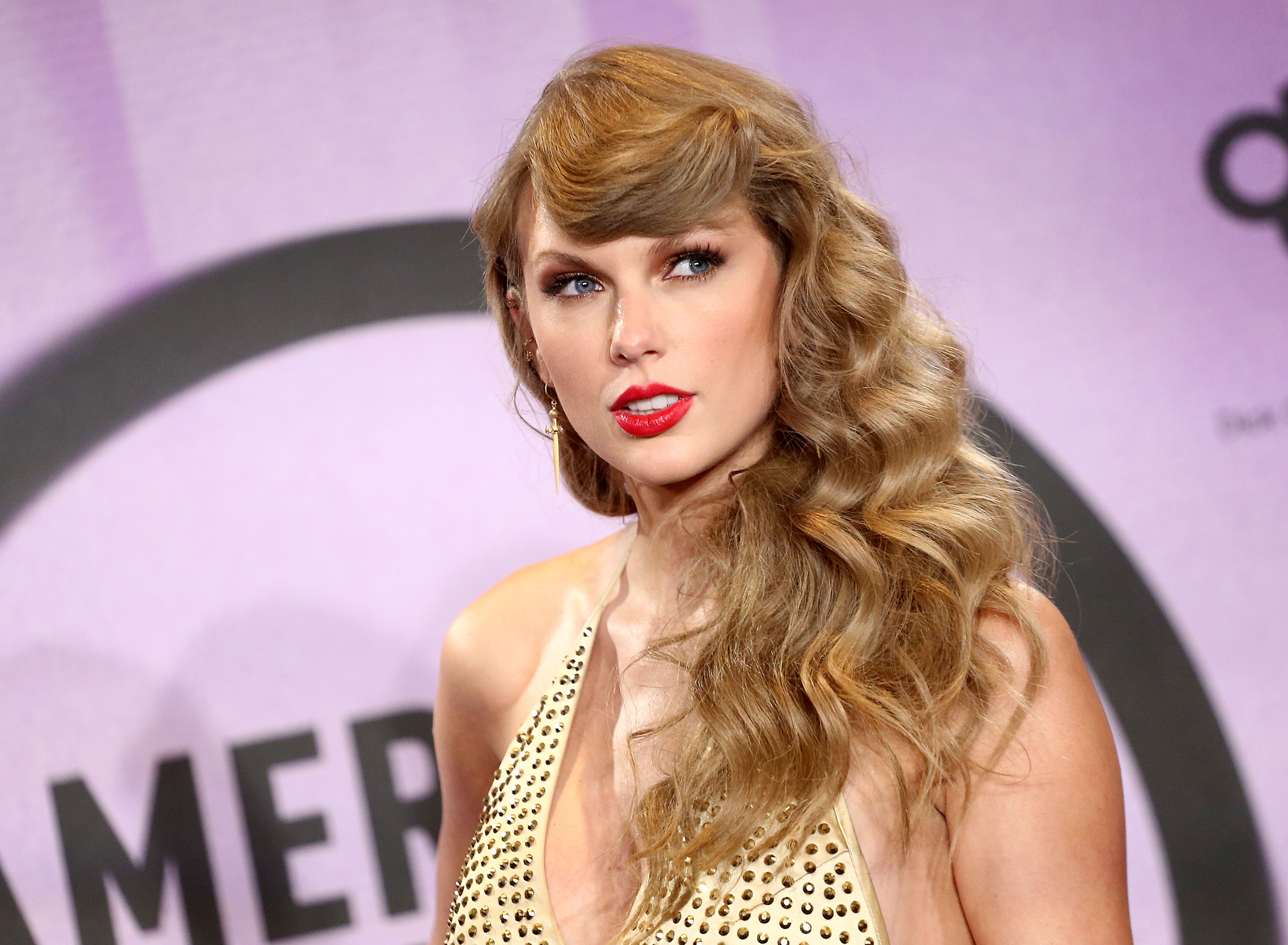The music industry's power brokers are about to rewrite the rules for AI. Universal Music Group and Warner Music - home to Taylor Swift, Ariana Grande, and Charli XCX - are within weeks of striking groundbreaking licensing deals that could reshape how artificial intelligence uses copyrighted music, according to new reporting from the Financial Times.
Universal Music Group and Warner Music are racing toward deals that could fundamentally change how the music industry monetizes the AI revolution. The two giants, whose catalogs include some of the world's biggest artists from Taylor Swift to Charli XCX, are reportedly just weeks away from signing licensing agreements that establish new compensation frameworks for artificial intelligence companies.
The negotiations span both tech heavyweights and AI upstarts, according to Financial Times reporting. Google and Spotify are at the table alongside newer players like Klay Vision, ElevenLabs, and Stability AI. But not everyone's invited to the party - music-generating platforms Suno and Udio remain locked in active copyright disputes with these same labels.
The conversations center on a fundamental question that's been brewing since AI music generation took off: how do you fairly compensate artists and labels when algorithms use their work to create new content? The labels' answer borrows directly from the streaming playbook. They want micropayments for each use of their copyrighted material - essentially treating AI training and generation like they would a Spotify play.
This streaming-inspired model would require AI companies to build sophisticated tracking systems. Every time an algorithm references a Taylor Swift song during training or generates music that draws from Ariana Grande's catalog, there'd need to be a digital paper trail. It's a technical challenge that could reshape how AI companies approach music entirely.
The timing isn't coincidental. Music labels have watched other creative industries grapple with AI licensing while their own sector remained largely uncharted territory. Publishers like The New York Times and The Associated Press have struck deals with OpenAI, establishing precedents for how traditional media can monetize AI partnerships. Now music wants its piece of the AI economy.
What makes these potential deals particularly significant is their scope. Universal Music Group controls roughly 32% of the global recorded music market, while Warner Music holds about 16%. Together, they represent a massive chunk of the world's popular music catalog. Any framework they establish could become the industry standard that smaller labels and independent artists follow.
